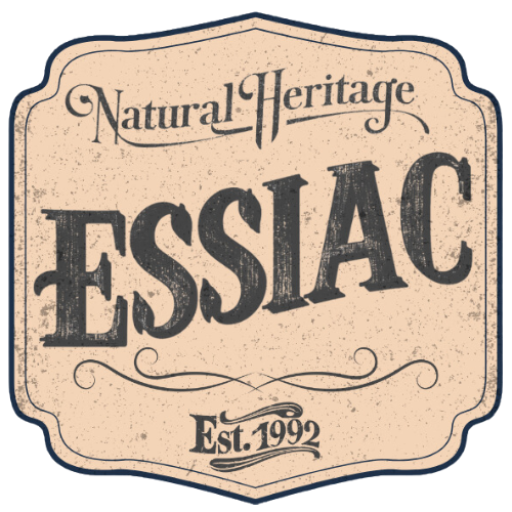Sheep Sorrel
(Rumex acetosella)
Sheep Sorrel (Rumex Acetosella) belongs to the buckwheat family. It grows wild throughout the world, in disturbed soils, and often considered a weed! The entire plant can be harvested, early in the year most of the energy of the plant is in the leaves and stems. By late fall, the energy of the plant is concentrated in the roots.
Some of the benefits of the herb include:
Sheep Sorrel:
- Helps naturally treat cancer
- Enhances the flow of urine
- Treats fevers and inflammation
- Remedies kidney and urinary tract diseases
- Remedies intestinal parasites
- Helps variety of digestive problems
- Has a cooling effect on the liver
- Contains tannins, which reduce mucus production
From the article about Sheep Sorrel on Dr. Axe’s Site
Turkey Rhubarb Root (Rheum palmatum)
Rhubarb – or Da Huang as it is known from traditional Chinese medicine, has been used traditionally as an antibacterial, anti-inflammatory, anti-fibrotic and anticancer medicine in China. It is considered a purgative for your intestines, helping to relieve constipation, though it also has tannins that help with diarrhea. This illustrates one of the ways that herbs act differently than pharmaceuticals, that bring about balance, instead of having a single action.
Burdock Root (Arctium spp)
Burdock – in the Sunflower family, (Genus Arctium species – varied but probably greater Burdock, species Lappa)
The root is eaten as a vegetable in Japan. It is a biennial plant that has a stout tap root, harvested in the first year.
Slippery Elm (Ulmus Fulva, Ulmus Rubra)
The bark of the slippery elm tree is one of the “go-to” herbs from North America. A number of Native American tribes used Slippery Elm for lots of different conditions, from burn dressings, to stomach troubles to dry, sore throat, or cough. Ref Native American Ethnobotany Database
It’s a powerful medicine through a couple of actions, it is classified as a demulcent which means when you add water, it becomes mucilaginous, soothing irritated and inflamed tissues. This is true as a salve for irritated, inflamed tissues externally, and for internal tissues, such as sore throat and heartburn.
It is an herb that is balancing to the digestive system, it can work as either a laxative, or anti-diarrheal, depending on what is needed. it is astringent, and soothing throughout the body. It was also used to wrap meat, or powder and mix with fat as a preservative.
Now that you know About the Essiac Remedy, Do you want to buy some?










Recent Comments